Puna - Day 11
Adolfo arrived at 8:30 and we set off. Long drive ahead of us and we will climb up the mountain pass into the Puna late in the day. Paved roads and good driving up the Calchaquíes valley. Smaller fields under agriculture, clearly family run, rather than the large industrial plantings that we have seen the last two days, both tobacco and vineyards. As well lots of mixed grazing, sheep, goats an some cattle.
Mountains on both sides but the valley is beginning to open out and become much drier. Stopped for lunch at a small hostelaria owned by a friend of Adolfo's, in the countryside and under the trees. Raoul had started a fire in a bbq pit and when we arrived he was waiting for it to get hot enough to cook. Hostelaria is perhaps a kindness since it was pretty rough and ready but there were only the four of us and the company was good; much chatter about Argentine meat and its quality, why we wanted our meat as rare as he could manage, (rare to an Argentinian seems to be medium and blue, the way we like it, almost a social faux pas), where the cuts he was cooking came from on the animal, and then generally the perfidy of the government which we agreed was universal and the pettiness of local authorities and insurance companies. A very wide ranging discussion indeed.
The meat came off the grill rare, salty and juicy and with freshly picked tomatoes, grilled whole onions and fresh bread we feasted.The olive oil that we have come across here is exceptional and today's version was as good as any we have tasted. Lots poured on bread, tomatoes and steak and we wallowed, the only distraction being the flies who were many but we swatted and ate till we could barely move.
Off again and we crossed a very wide, flat, dusty plateau, busy with dust devils swirling across the landscape, some quite large but fortunately none close enough to do any damage to our truck. We are working our way towards a mountain pass ahead of us which having been crossed, will take us into the Puna region. At this point the roads are still paved but that will end as we approach the mountains.
Had a less than pleasant moment as we drove across the plain and while not personally directed, nonetheless did give us a strong sense that we were proxies for ugly Canadians everywhere. There were many very large trucks, loaded with rocks and earth, passing us travelling in the opposite direction and when I asked about them Adolfo revealed beneath his pleasant guide's exterior, a depth of feeling and an intensity that we had not seen before. They are all from Canadian mines he said. Canadian miners have bribed the government for many years to give them sweetheart deals to mine virtually tax-free, have created unspeakable pollution, have paid slave wages to the local population, and have taken the minerals away to be processed elsewhere, leaving devastation in their wake. He mentioned Barrack Gold and others who are active in the area and could not understand how his government could be so corrupt and short-sighted. I merely report, but I'm sure that there was substance to his diatribe; miners are the same around the world and they are destructive and they do do disastrous things to the environment, Canadians right up there with the best of them. You don't need to go abroad to see some our best work, the tar sands take pride of place when it comes to that and Sudbury is a lesson to the world. It's useful to see yourself in a mirror from time to time, does take some of that holier than thou sheen off.
After a couple of deep breaths and some long silences, we all pulled ourselves together and picked up our more cheerful conversation as we pulled in to the last service station that we will see until we leave the Puna, to fill our truck up with diesel. Now the road began to be what we will see for the next 5 days, unpaved, rough, potholed and strewn with rocks, more a track than a road, requiring careful driving by Adolfo and strong backs, stomachs and kidneys on the part of his passengers.
We zigzagged our way up the mountains on a rough track, and finally crossed over the pass into the high mountainous plateau that we will be driving through for the rest of the week. As we did so we began to come across harems of wild vicuña grazing in the distance with their young while about 100 metres away from each group stood a watchful solitary male, guarding his kingdom.
Late in the day arrived at El Piñon, which will be our home for the next 2 nights. Pretty basic but comfortable, the only downside being that electricity is only available from about 8 pm until about 12:30, so charging camera batteries will be a challenge. No internet and no cell phone coverage available so we will be off the grid for the next 5 days.




